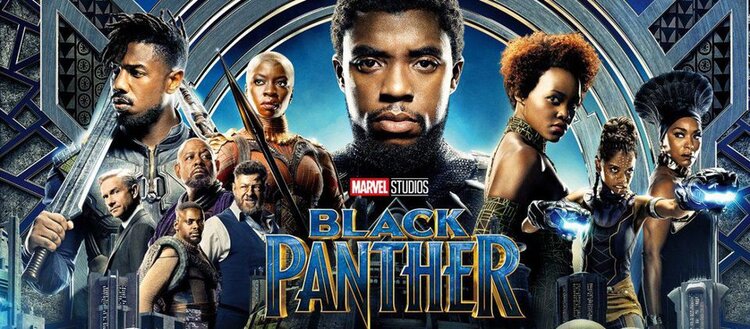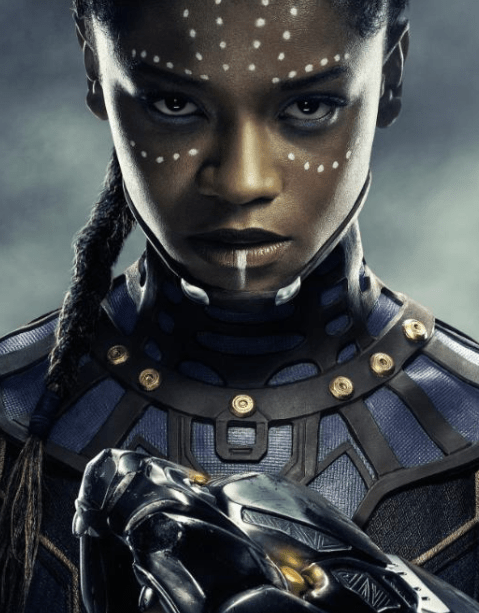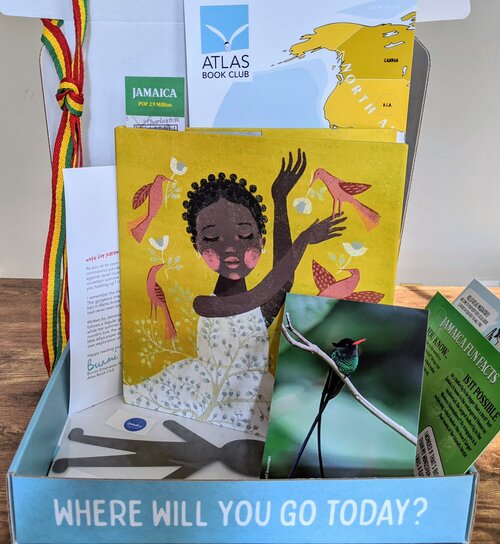Black Panther and the Danger of the “Single Story”

With the sudden passing of Chadwick Boseman, Black Panther has come to the forefront of many people’s minds; it holds a lot of significance to many. I can remember on opening night, rushing to my local theater wearing my Ankara printed pants and a giant grin on my face. I was surprised to see so many people dressed like me and excited about their African roots. It was one of the first times I felt I could be unapologetically African. Growing up, in a mostly Black American school, other students were perplexed by my heritage or even mean – holding to old stereotypes that Africa was totally impoverished and its inhabitants were uneducated.
While the movie is not without its flaws, Black Panther allowed many people to see their culture represented beautifully on the big screen. Unfortunately, Africa is still viewed through the lens of the “single story” even in mainstream media. In fact, it was the danger of the single story and racism that almost prevented Black Panther from becoming what it is today, even before it was released. Today, we’ll explore some of these dangers and celebrate the African cultures represented in the beautiful landscape of Wakanda.
COLORISM
Colorism is a preference for lighter skin tones, especially when referring to Black people. The danger of colorism is that it is often used to discriminate against black people and tends to erase darker-skinned people from the narrative. For example, Amandla Stenberg auditioned for the role of Shuri, T’Challa’s quick-witted little sister, and the mastermind behind his impressive suit. Stenberg dropped out of the audition to open a space for a woman of darker skin. Her thoughts on the matter were, “these are all dark skin actors playing Africans and I feel like it would have just been off to see me as a biracial American with a Nigerian accent just pretending that I’m the same color as everyone else in the movie.” And while certainly, the skin tone of Africans are presented in multiple of shades, Stenberg was lauded for her sensitivity to this issue.
Ultimately, Letitia Wright played an unforgettable Shuri with her memorable one-liners and expert acting, but the fact remains that the issue of colorism is still quite prevalent. Black stories are rich and diverse, and should be played by individuals who represent all shades of the spectrum of skin color of Black people. To limit the actors who tell Black stories to people of lighter skin tone is to enforce a preference for lighter skin color.

SIDEBAR – THIS IS WHY STORIES LIKE THAT OF A STORY ABOUT AFIYA EXCITE US SO MUCH! IT IS RARE TO SEE A LITTLE GIRL WITH DARK SKIN AND BANTU KNOTS ON THE COVER OF A BOOK. THAT REPRESENTATION IS SO LACKING, SO IT FEELS AMAZING TO FIND BOOKS WITH THAT TYPE OF REPRESENTATION.

ERASURE OF NATIVE LANGUAGES
It was shocking to learn that producers considered writing T’Challa without an African accent! It’s hard to imagine that Black Panther would have held the charm it does without the mix of accents and dialects. Thankfully, Chadwick Boseman stood by his decision to speak with an African accent. If he had instead chosen a British or American accent some of the cultural significance of own-voices would have been lost. It is important that viewers hear African accents as they watch a movie set in Africa because it helps them form positive associations with the two, and be aware of people who may speak differently from what they are used to.

Also, it was fun trying to learn which countries had influenced the actors’ accents! We could see Kenyan influences in Black Panther including Lupita Nyong’o’s accent to the distinctive red cloth worn by the Dora Milaje. South Africa also enjoyed a cultural shout out since Xhosa was the primary language spoken by T’Chaka. Finally, Nigerian culture can be seen throughout the movie including the infamous mask Killmonger steals from the museum which bears a striking resemblance to an Igbo mask, the Mgbedike.
We love movies like Black Panther because they showcase African cultures in a positive light. We are treated to depictions of characters in an advanced Afro-futuristic landscape, and the expressions of unique and diverse cultures within African.
This month as we explore Kenya, South Africa, and Nigeria, we hope that you enjoy books that we have selected for you. These books represent kids being regular kids, going on adventures, and stories set in contemporary Africa. These books further challenge the single story and broaden you and your child’s worldview.